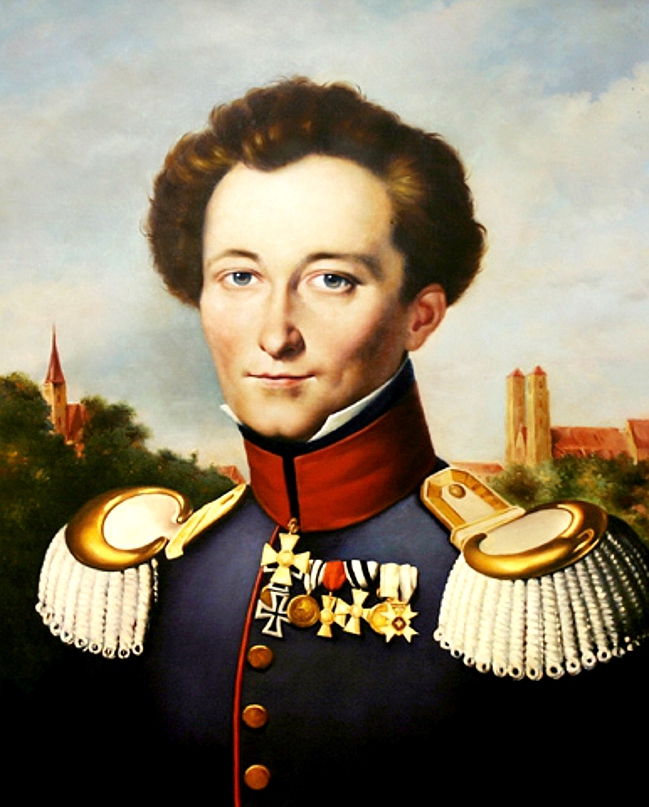I like it, and I hope Mattis is able get this going soon. To me, it is all about a division of labor like Mattis said, and we just do not have enough snake eaters to get this done. –Matt
—————————————————————-
Speech at FPRI Luncheon
February 12, 2009
Gen. James Mattis, USMC
Gen. James Mattis is Supreme Allied Commander Transformation and Commander, U.S. Joint Forces Command. He was introduced by the Hon. John Hillen, FPRI Trustee.
This presentation was the keynote address at the “Defense Showstoppers” conference sponsored by FPRI’s Program on National Security and the Reserve Officers Association. FPRI thanks its trustees W. W. Keen Butcher, Bruce H. Hooper, John M. Templeton, Jr. for funding the Program on National Security.
(Go to minute 30:37 for the part that relates to the story below)
Video Link Here
—————————————————————–
Grunts to Rebuild Like SOF, Move Away From Bases: Mattis
By Greg Grant
February 19th, 2009
Fighting two simultaneous counterinsurgency wars in Iraq and Afghanistan has placed enormous demands on the small number of elite Army Special Forces teams, known as Operational Detachment Alpha. So the Army and Marines plan to restructure and create many more small combat and advisory teams from existing conventional ground forces, says Marine Gen. James Mattis, Commander, U.S. Joint Forces Command.
The military is dominant in conventional warfare and can best any opponent in high-intensity battle, but it’s not superior in irregular warfare, the types of wars the U.S. is most likely to fight in the future, Mattis said. The requirement for small combat and advisory teams, along the Special Forces model, is now a “national priority.” Mattis recently created a Joint Irregular Warfare Center, headed by a Special Forces officer, to guide the effort “to shift general purpose forces more into a special operations forces approach to fighting, without giving up conventional warfare.” Creating these small, deployable “high performing” teams for irregular warfare will require many more Army and Marines trained as advisors.
“We need more troops who are culturally adept, who are comfortable working outside mother Army, mother Marine Corps and able to work in small teams,” Mattis said, speaking Feb. 12, at a conference sponsored by the Foreign Policy Research Institute, in Washington, DC. Irregular wars are fought amongst the people, requiring American troops, “understand not just of the nature of the conflict, but the ‘human sea,’ to use Mao’s analogy, within which the enemy swims,” according to the “Joint Operating Environment,” a recent Joint Forces Command publication.
Mattis said in future irregular wars, the military must avoid the logistically demanding and often problem causing “heavy footprint,” where large numbers of troops are sent ashore and operate from massive bases, as in Iraq and Afghanistan. He prefers an expeditionary approach, using small advisory teams who live and work among the local people. It will require a “fundamental shift” in the approach to basing in foreign countries, “where not every troop has a big screen TV and eighteen entries on the menu that night and where they’re completely isolated from the local people.” He said the seabasing concept, where troops operate from large naval platforms located offshore, will be an important component of the new irregular warfare operating concept.
(more…)
